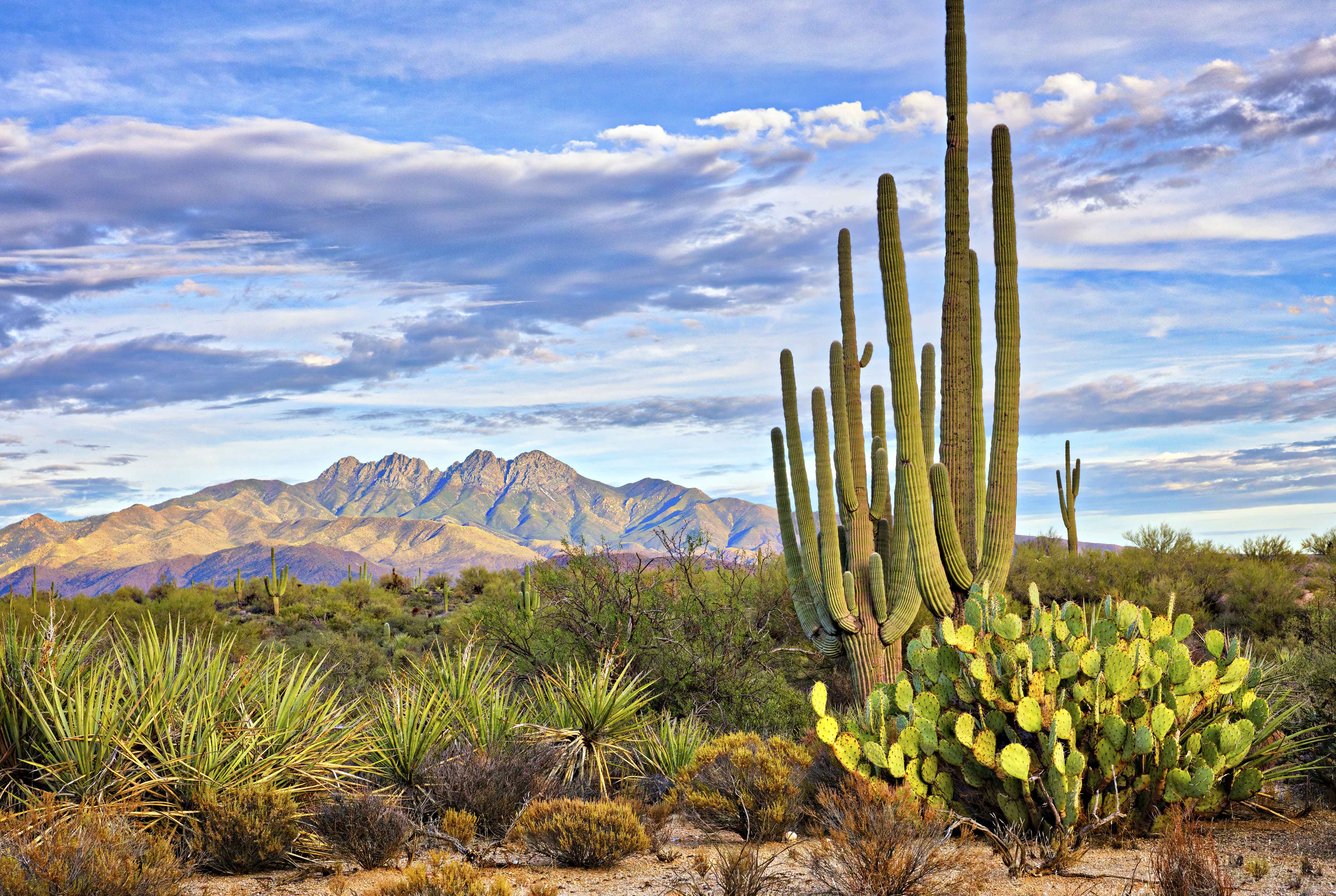Cacti have been integral to Native American cultures for centuries, playing significant roles in symbolism, spiritual practices, and everyday life. With their unique adaptations to dry environments, these resilient plants hold deep meaning and practical uses for various Native American tribes across North America.
In many Native American traditions, cacti symbolize endurance, protection, and survival. Their ability to thrive in harsh desert conditions symbolizes resilience and adaptability, and indigenous communities highly respect them. Cacti are often associated with “spirit helpers” or guardian spirits that guide and protect individuals or communities.
Cacti have diverse spiritual and ceremonial uses among different Native American tribes. For example, the Tohono O’odham people of the Sonoran Desert use the saguaro cactus in their annual rain-bringing ceremonies, believing that the cactus’ blossoms bring forth rain. The Apache and Navajo tribes use various cactus species for medicinal purposes, treating ailments such as skin, digestive, and respiratory issues.
Cacti are also prominent in Native American art and craftsmanship. The intricate patterns and textures of cactus spines inspire traditional designs in pottery, basket weaving, and textiles. Cactus motifs are often woven into clothing, blankets, and jewelry, reflecting these plants’ natural beauty and cultural significance.
Beyond their symbolic and spiritual roles, cacti have practical uses in Native American daily life. The prickly pear cactus, for instance, provides edible fruits known as tunas, rich in vitamins and minerals. The pads, or nopales, are also edible and commonly used in traditional dishes like salads and stews.
Native American communities emphasize the importance of conserving cacti and their habitats. Traditional teachings promote sustainable harvesting practices and respect for these plants’ ecological roles. Many tribes actively participate in conservation efforts to protect cactus species and their natural environments.
For Native Americans, cacti represent a deep connection to the land, ancestors, and cultural heritage. The knowledge and traditions associated with cacti are passed down through generations, fostering a sense of pride and identity within indigenous communities.
Cacti hold profound symbolism and practical significance in Native American culture. They serve as symbols of resilience, sources of spiritual guidance, and providers of sustenance and materials for artistic expression. By understanding and honoring the role of cacti in indigenous traditions, we appreciate their cultural importance and contribute to the preservation of native plants and respect for diverse cultural heritage.
At Ponderosa Cactus, we celebrate cacti’s rich heritage and cultural significance in Native American traditions. Our collection showcases cactus species’ diversity and honors their symbolism, spiritual importance, and practical uses among indigenous communities. By shopping with us, you bring a piece of this cultural legacy into your home and support sustainable practices and conservation efforts that are vital for preserving these iconic desert plants. Join us in embracing the tradition and diversity of cacti while adding a touch of natural beauty and symbolism to your space.
